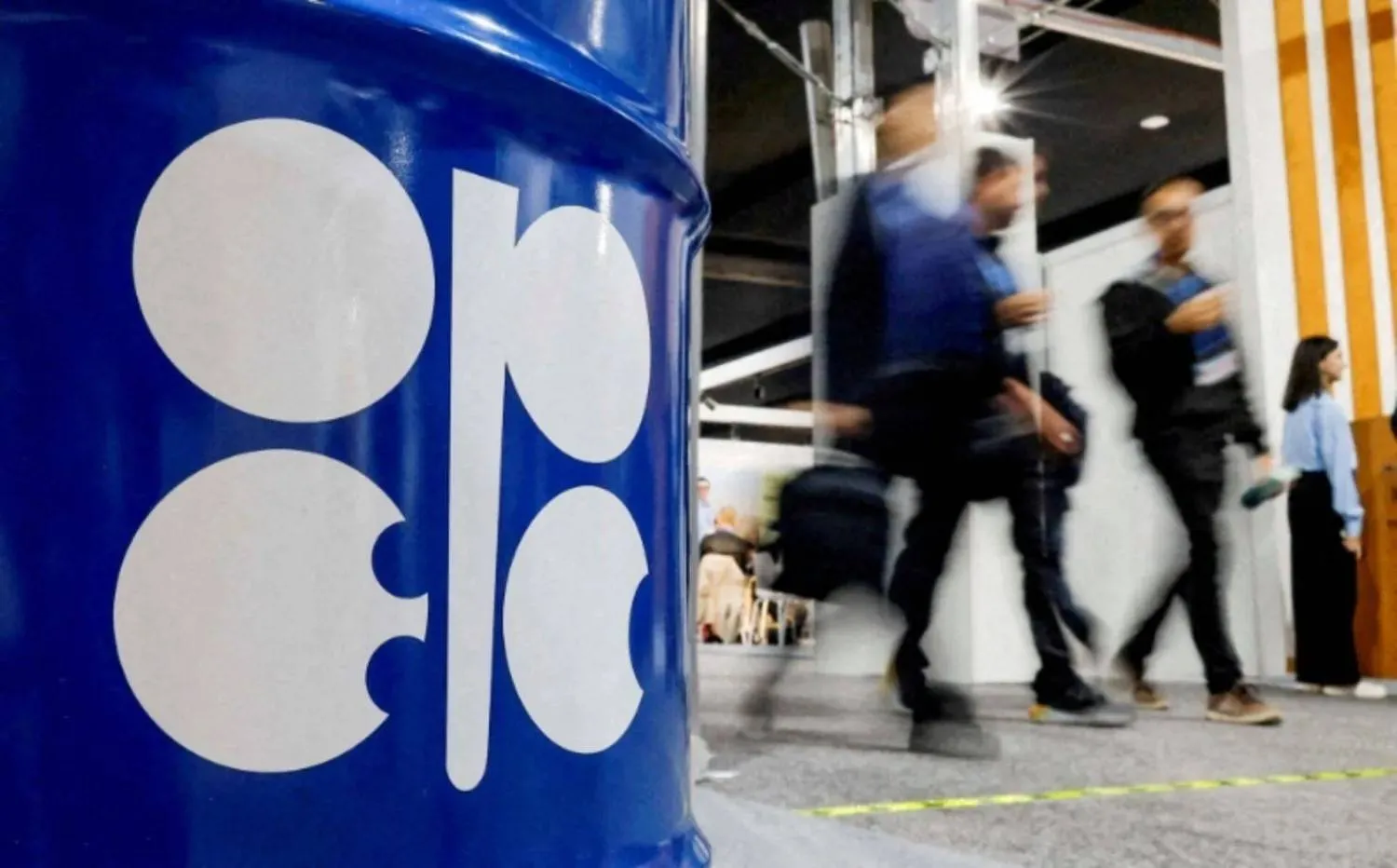Iraq, a top oil exporter battered by climate change impact, must diversify its economy and pursue a “greener growth model,” the World Bank said Tuesday.
In a new report presented to authorities in Baghdad, the Washington-based institution said $233 billion must be invested by 2040 to allow Iraq to embark “on a green growth path,” equivalent to 6% of the country’s annual GDP.
The United Nations ranks Iraq as one of the world’s five countries most exposed to impacts of climate change.
Decades of wars and instability have affected its infrastructure and economy, which remain heavily dependent on oil, and accounts for 90 percent of government revenue.
The World Bank stated that the Country Climate and Development Report (CCDR) provides an analytical basis to address the country’s most urgent impacts of climate change all at once.
It also reviews the cost of the country's low-carbon transition and discusses opportunities and reforms aimed at adopting a greener growth model.
World Bank regional vice president for the Middle East and North Africa Ferid Belhaj told AFP that Iraq is facing three major challenges, namely water shortages, desertification and air pollution.
However, he affirmed that the country has enough financial resources to manage these challenges.
“The question is how to ensure that these financial resources are made available for new policies to tackle environmental challenges, and how to do it in an efficient way,” he said.
“Iraq faces the challenge of moving away from total oil dependence towards a more diversified, private sector-led economy that creates jobs and builds human capital while building resilience to climate change,” Belhaj noted.
The report presents a set of reforms and recommendations that Iraq can undertake in the medium term (within five to 10 years) and others in the long term, which could not be implemented until after 2030.
These include eliminating the wasteful practice of gas flaring, where natural gas in wells is burned off before oil is extracted.
It also recommended that Iraq upgrade dams and irrigation systems and “decarbonize industry, agriculture and the waste sectors.”
As for the medium and long term, it called on Iraq to reduce the dependence of the industrial, agricultural and waste sectors on carbon, improve water distribution and wastewater reuse, as well as increase reliance on smart agriculture to address impacts of climate change.









